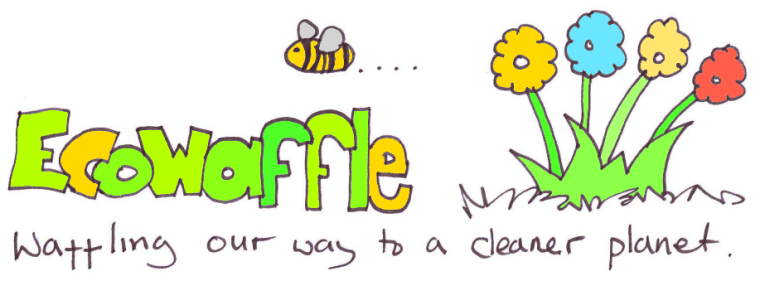Intro
We know what the problem is, we know how big it is, and how
to stop it. This includes companies and their directors. Looks at news . . .
could it be any clearer. So why no rapid action?
'comparing financial
incentives to environmental issues',
Carbon Offsetting
EU Benchmark Price 71 euros (£60).
Brazilian REDD+ $10 (£8).
Terrible Scheme such as capping of well, or CFC destruction.
£2.
Example: Shop fitters. 138 tons (Scope 1 and 2) costs from
£8200 to £250.
Farmers: 500 tons ha, = £7500 – less certification costs
(subsidy for planting)
'how does ease of
implementation encourage or discourage sustainable action?'
Word on knock-ons: Solar (easy): BUT roof replacement,
structural engineer,
'is there any structure to a report that can
create a more persuasive argument?'
People will read a report or not read it. You should
highlight cost savings ahead of carbon savings, or other benefits e.g.
biodiversity gains.
Summary
The problem is well defined, and measured.
The company’s main objective is to make profit.
Consider real world Practicalities
Gauge you client, are they a front runner (keen) or are they
just following crowd, regulatory minima. You may need to adjust your MO, on
that basis.
What will work.
Carbon Tax. £75 per tonne. Cheese 14kg / kg. 7.5p - £1.
CEOs
What will get you voted out at SEO, failing to make a profit
or failing to progress climate action.
